Hutt St Centre upgrade a godsend
Local
Light, open and airy spaces fit-for-purpose are a feature of the Hutt St Centre’s redevelopment which was officially opened on February 28.
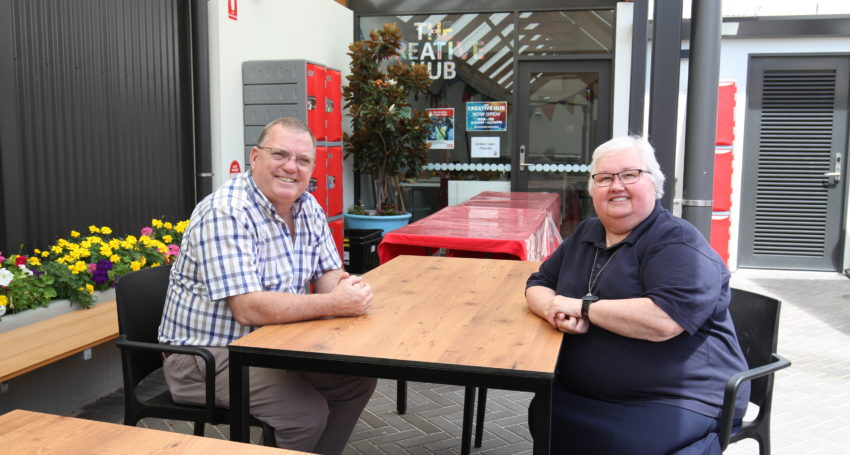
In the planning stages for several years, the refurbishment delivers modern facilities tailored to maximise space and improve services for people at risk of or experiencing homelessness.
Features include a private retreat where families can find comfort and security, medical treatment rooms for clients to connect with specialist health services, a creative hub, and an all-weather outdoor courtyard for outdoor dining, group activities and social connection.
Essential amenities – including a bright and spacious dining area, modern bathrooms, secure lockers and a fully equipped laundry – have also had a facelift.
Advertisement
Officially opened by SA Governor Hieu Van Le AC, who is also the Hutt St Centre’s new patron, the upgrade saw changes to the building’s façade which complement the surrounding area and honour its Local Heritage status. A large enclosed foyer allows clients to now gather in comfort inside, out of the elements, while waiting to access services.
Completed on budget and on time by builders Mossop Construction and Interiors, the redevelopment has been described as a godsend by Hutt St Centre chief executive Chris Burns.
“There is a real feeling of excitement now that we can finally offer a genuine quality facility to look after our clients,” he told The Southern Cross.
“Our clients just love it here, they love that it’s open, it’s clean, it’s a place they like to come to.
“Every client has a different journey and different needs on their pathway to homefulness.
“We’re responding to those needs with an inclusive space that not only delivers our essential services, but feels welcoming and safe for each person who walks through our doors – regardless of their background or experience.”
Despite opposition to the centre’s operations from some Hutt St traders and last year’s controversial legal review by the Adelaide City Council into land use agreements, Mr Burns believed the redevelopment had been widely applauded by locals. At a community gathering late last year attended by more than 100 people from Hutt Street, he said the general consensus was the changes “enhanced the streetscape”.
Sister Carole Jones from the Daughters of Charity, the Order which established the Hutt St Centre in 1954, said the decision to push ahead with the much needed upgrade had been worth it.
“I am just so over the moon about the upgrade. It’s been waited for a long time and it’s worthy of the people coming in – we honour them by producing something so beautiful and spacious,” she said.
“I’ve seen the expression on the clients’ faces and it’s affirmation we did the right thing, we held steady and continued to go ahead with the redevelopment.
“Our local community is positive about the refurbishment…it’s a beautiful building that blends in with the architecture of the street.”
Advertisement
Reflecting on the changing demographics of people at risk of or experiencing homelessness in recent years, Mr Burns said the demand for the Centre’s services had been increasing significantly over recent months.
“We’re seeing five to six new clients a day,” he said.
“More concerning is the ratio of gender – since 2011, the number of women seeking assistance from Hutt St Centre has doubled, with more than 290 women accessing the centre for support each month. That’s why the facility has a dedicated family area.”
The largest proportion of female clients are in the 40-50 age group, with many facing homelessness after losing their part-time jobs in the retail and hospitality sectors due to COVID, or being laid off by employers in anticipation of Jobkeeper ending later this month.
“Our real concern is at the end of March when Jobkeeper goes away, Jobseeker is reduced, when the bank honeymoon on mortgage repayments stops and when they lift the restrictions on evictions,”
Mr Burns said.
Prior to COVID there were 150 rough sleepers in the CBD but this rose to 206 in December and 222 in January this year.



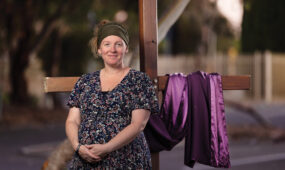
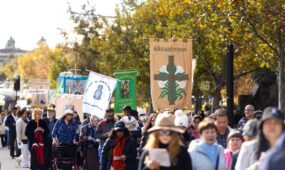
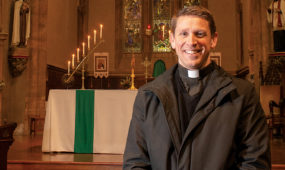
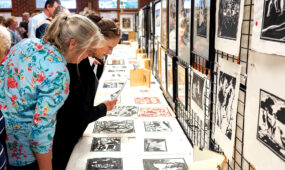

Comments
Show comments Hide comments